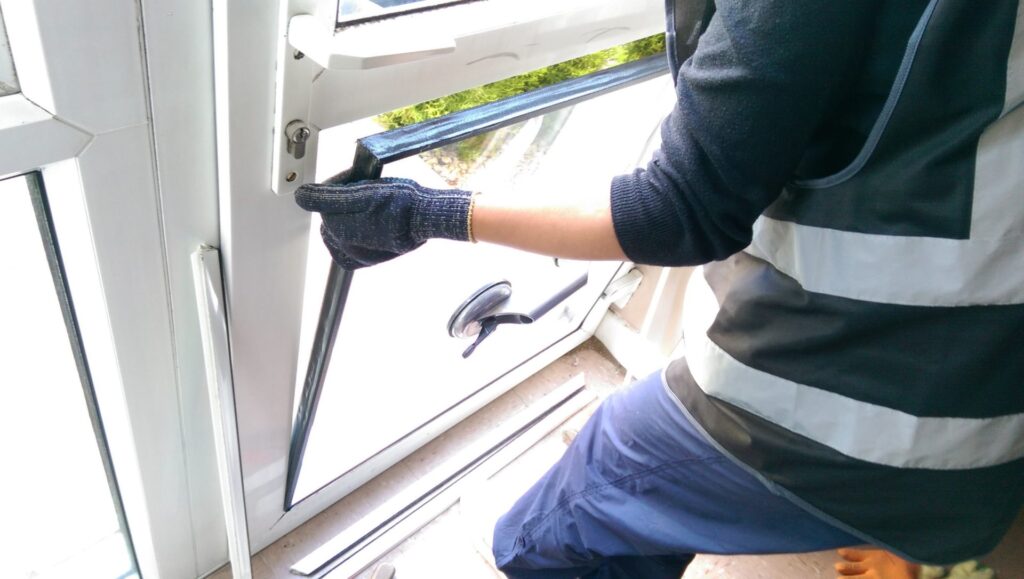glass-replacement6602
glass-replacement6602
15 Incredible Stats About Residential Glass Repair
Residential Glass Repair: Understanding the Process, Benefits, and FAQs
Glass is an essential component of lots of residential structures, using both aesthetic appeal and functional benefits. From doors and windows to shower enclosures and mirrors, glass elements can enhance the beauty of a home. Nevertheless, like any product, glass is prone to damage from mishaps or natural wear and tear. This article checks out the different aspects of residential glass repair, including common types of damage, repair procedures, advantages, and regularly asked concerns.

Common Types of Glass Damage
Residential glass can suffer from different kinds of damage that might necessitate repair or replacement. Here are some typical concerns house owners encounter:

| Type of Damage | Description |
|---|---|
| Cracks | Visible fissures that can jeopardize structural stability and security. |
| Chips | Little damages that typically happen on the edges of glass panes. |
| Shattered Glass | Complete breakage of the glass, rendering it unusable and positioning security threats. |
| Fogged or Cloudy Glass | Accumulated wetness in between glass panes causes a cloudy appearance. |
| Scratches | Surface flaws that can lessen clearness, especially on windows. |
Understanding these typical types of damage can help property owners identify the need for repair and take prompt action.
The Glass Repair Process
The process of residential glass repair varies depending upon the type of damage and the particular glass component involved. Here’s a general summary of how the repair process usually unfolds:
1. Evaluation
A qualified technician examines the damage, identifying whether repair or replacement is the best option. This evaluation might include analyzing the level of cracks, chips, or other issues.
2. Measurement
If a replacement is required, precise measurements of the existing glass are taken to guarantee an appropriate fit.
3. Glass Selection
Depending upon the type of glass being fixed or changed (single-pane, double-pane, tempered, etc), the technician will source the suitable materials.
4. Preparation
The location around the damaged glass is prepared. This involves removing broken pieces and cleaning the surrounding frame.
5. Repair/Replacement
- For small chips and fractures: A resin is injected into the damaged area, cured with UV light, and polished to bring back clearness.
- For shattered glass: The harmed pane is removed and replaced with new glass, guaranteeing a secure fit.
6. Clean-Up
After the repair or replacement is complete, the technician will clean the area, making sure no particles is left behind.
7. Last Inspection
Lastly, an extensive inspection is performed to verify the stability and performance of the repaired or replaced glass.
Advantages of Professional Glass Repair
Going with Professional Glass Repair (182.92.251.55) services uses several benefits for homeowners, consisting of:
- Safety: Trained specialists follow security protocols to guarantee that the repair or replacement procedure does not posture any dangers.
- Quality: Professionals use state-of-the-art materials and possess the competence to guarantee lasting repairs.
- Time Efficiency: Experienced specialists can complete repairs quickly, decreasing interruption to the home.
- Cost-Effectiveness: Addressing minor damages immediately can prevent more substantial and pricey repairs in the future.
- Increased Property Value: Maintaining the integrity of glass components can enhance the total aesthetic appeal, favorably impacting property worth.
Regularly Asked Questions (FAQs)
1. How do I know if my glass can be fixed or requires replacement?
A professional assessment is the very best way to identify this. Minor cracks and chips can typically be fixed, while substantial damage or shattered glass might require replacement.
2. What should I do if my window glass is fogging up?
Misting typically indicates a broken seal in double-pane windows. Seek advice from with a glass repair professional for an assessment and potential replacement.
3. Can I repair minor glass chips myself?
DIY repairs can be reliable for little chips, but for the best outcomes and to guarantee safety, it is advised to consult a professional.
4. How long does the normal glass repair take?
The timeline can vary based upon the level of the damage and the kind of glass, but the majority of repairs are finished within a few hours.
5. Will my property owners insurance cover glass repair or replacement?
Coverage varies by policy. It’s a good idea to check with your insurance coverage company to understand your particular coverage.
6. What is the expense of residential glass repair?
The expense depends upon numerous elements, including the kind of glass, degree of the damage, and whether repair or replacement is necessary. Homeowners ought to get numerous quotes to compare costs.
Residential glass repair is a necessary service that ensures the safety, performance, and visual appeal of a home. By comprehending the kinds of damages, the repair process, and the benefits of professional intervention, homeowners can make informed decisions when confronted with glass problems. Always consider speaking with a qualified technician to examine any glass-related damage in your home, keeping both security and design in your living areas.

